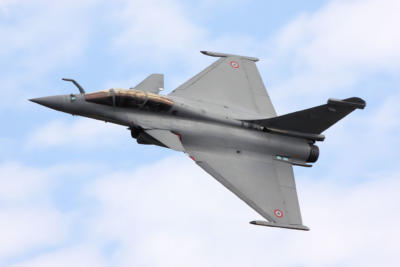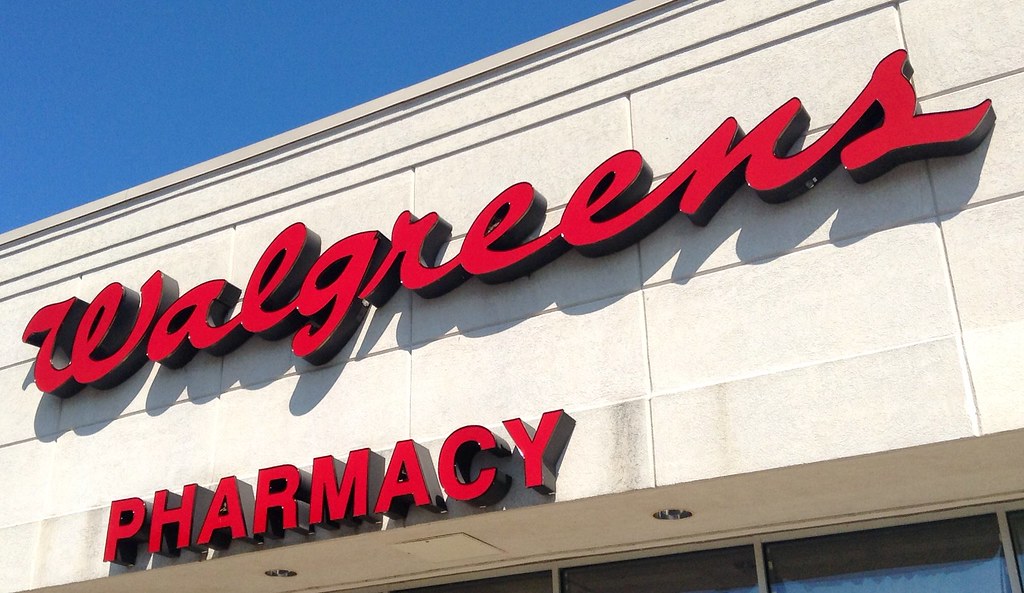Strategic View: Q1 2025 witnessed a surge in private equity interest in European defense and aerospace sectors, reversing years of ESG-driven divestment. Geopolitical instability and NATO rearmament commitments are driving consolidation of small family-owned component manufacturers into “national champion” platforms capable of meeting ammunition and drone demand .
 Full story: The “peace dividend” is officially over, and European defense has transformed from ESG untouchable to private equity’s hottest ticket. Q1 2025 saw dramatic acceleration in PE interest toward European defense contractors, particularly small and medium-sized component manufacturers supplying ammunition, drones, electronic warfare systems, and maintenance parts. This represents a complete reversal from just three years ago when defense assets were considered effectively uninvestable due to ESG restrictions .
Full story: The “peace dividend” is officially over, and European defense has transformed from ESG untouchable to private equity’s hottest ticket. Q1 2025 saw dramatic acceleration in PE interest toward European defense contractors, particularly small and medium-sized component manufacturers supplying ammunition, drones, electronic warfare systems, and maintenance parts. This represents a complete reversal from just three years ago when defense assets were considered effectively uninvestable due to ESG restrictions .
The catalyst is straightforward: Russia’s invasion of Ukraine and subsequent geopolitical instability has forced European nations to radically increase defense spending after decades of underfunding. NATO members committed to spending 2% of GDP on defense, with many Eastern European nations exceeding 3%. This creates sustained demand growth for defense manufacturers, particularly in ammunition, where European production capacity proved woefully inadequate when called upon to support Ukraine. Governments are now desperately seeking to rebuild industrial capacity that atrophied since the Cold War .
Private equity’s role focuses on consolidating fragmented supply chains. Hundreds of small, often family-owned companies manufacture specialized components—artillery shell casings, drone sensors, gunpowder, electronic targeting systems—but lack capital and professional management to scale production. PE firms, particularly mid-market specialists in France, Germany, and Poland, are executing roll-up strategies: acquiring multiple complementary manufacturers, rationalizing operations, modernizing facilities, and creating scaled platforms capable of bidding on large government contracts .
The ESG dimension requires acknowledgment. Major institutional investors who previously prohibited defense exposure are quietly revisiting restrictions, recognizing that supporting democracies’ ability to defend themselves aligns with values-based investing. This doesn’t represent abandonment of ESG principles but rather nuanced evolution recognizing defense manufacturing as sometimes necessary for preserving democratic institutions. For family offices and sovereigns without ESG constraints, defense consolidation offers combination of government-backed demand, inflation-indexed contracts, and patriotic appeal—a compelling pitch in the current environment .
Summary: European defense sector consolidation accelerates as private equity targets small component manufacturers for roll-up strategies, reversing years of ESG-driven divestment. NATO rearmament commitments create sustained government demand for ammunition and drones, while PE provides capital and operational expertise to build scaled “national champion” platforms from fragmented family-owned businesses .
Source: F1GMAT Trends





